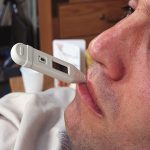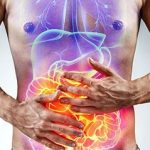
You have probably seen the social media posts: Your good friend’s co-worker is raising money online to help pay for cancer treatments or another friend needs funds to pay medical bills after a car crash. Crowdsourced fundraising seems to, at least partly, fill a gap between out-of-pocket health care costs and what people can afford. A new study looked at what the role of one of the best-known sites, GoFundMe, has played in crowdsourcing funds for medical costs over the past several years. “I think the most striking finding for us was the magnitude that the number of these fundraisers have grown over the past few years,” said study author Dr. Suveen Angraal, an internal medicine resident physician at the University of Missouri-Kansas City. The study focused solely on GoFundMe fundraisers, extracting data between May 2010 (when the site began) and December 2018. The researchers found 42 fundraisers for medical conditions in 2010 and 119,373 in 2018, a number that rose incrementally through the years. “It’s a pretty dramatic increase that shows the magnitude of how big the issue is and how big the problem is when it comes to the cost of health care,” Angraal said. “We know that health care in the U.S. is expensive and, time and again, we have seen — not just me, but many of our colleagues across the… read on > read on >























-300x200.jpg)










